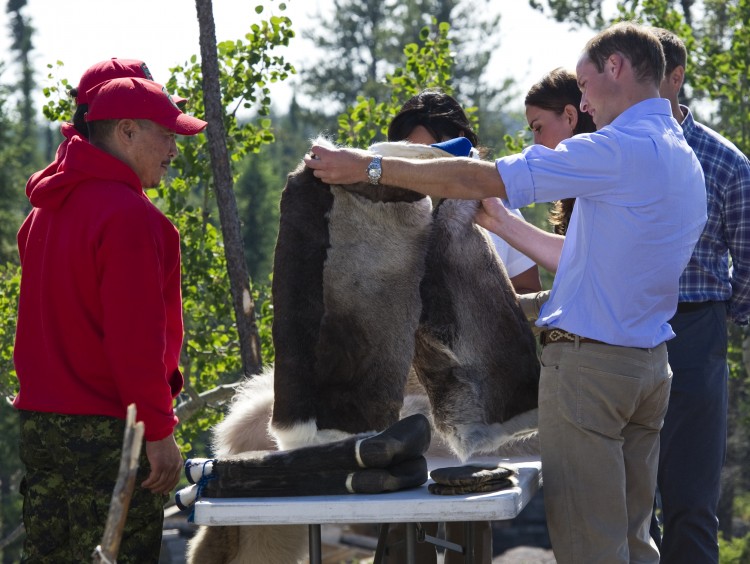A trade ban on harp seal products being considered by Russia would violate international trade agreements and would not bode well for Canada’s seal industry, says the Government of Newfoundland and Labrador.
The Custom Union of Russia, Kazakhstan, and Belarus have told the World Trade Organization (WTO) that they could impose a ban on the importation of raw and tanned harp seal pelts from Greenland and Canada as early as Jan. 1.
Russia receives up to 90 percent of Canada’s exports of seal pelts.
“This is a very serious matter with huge implications for the industry,” Darin King, Minister of Fisheries and Aquaculture, said in a statement.
“It seems these governments may have been misled about the Canadian sealing industry by radical and unethical anti-harvesting organizations,” King said, adding that the Canadian sealing industry is “humane, sustainable, and legal.”
Federal International Trade and Minister Ed Fast said he has asked government officials to look into ways to hold onto the Russian market.
“I have instructed Canadian officials to actively engage with their international counterparts to convey Canada’s concerns over these proposed restrictions and to examine options for ensuring continued market access for Canada’s sealing industry,” he said in a statement.
“The Atlantic and northern seal hunts in Canada are humane, sustainable, and well-regulated activities that provide an important source of food and income for thousands of sealers and their families.”
Animal rights groups are calling the ban a major victory, saying it could mean the end of Canada’s commercial sealing industry.
“With the Russian market closed to harp seal fur products, and a long-promised deal to export seal meat to China at risk … the future looks bleaker than ever for the dying Canadian sealing industry,” said Sheryl Fink, director of the Seal Program at the International Fund for Animal Welfare.
“The full implications of this ban, with Russia’s recent accession to the WTO, remain to be seen.”
In 2009, Russia banned the commercial hunting of their own local harp seals under one year old, but continues to hunt older seals.
Canada allows hunting of seals after they reach about two weeks old, when they lose their white coats and are left by their mothers to fend for themselves. According to Government landing reports, 98 percent of the seals killed in Canada over the past five years have been less than three months old.
Call for Buyout
Following news that Russia is considering a ban, Humane Society International called on Prime Minister Stephen Harper to end seal exports and support sealers by implementing a one-time federal seal industry buyout.
The proposed buyout would include ending the commercial seal hunt, compensating sealers for lost income, and investing in alternatives.
“Global markets for seal products are closing fast and Canada increasingly stands alone in its promotion of the seal hunt. The world is clearly moving beyond commercial sealing and it is time Canada did the same,” said Rebecca Aldworth, executive director of Humane Society International/Canada.
The Russian ban is the latest in a global rejection of Canadian seal exports.
In 2009 the 27-member European Union introduced a trade ban on seal products, closing one of Canada’s largest markets. Canada has challenged the ban with the WTO.
The European ban was also challenged by a group representing local Inuit and sealing organizations, but the case was deemed inadmissible by the European General Court last September.
Canadian sealers have struggled to recover since the EU ban. The total number of harp seals killed in the 2011 commercial slaughter was under 40,000, about 10 percent of the total allowable catch which was set at 400,000.
In January 2011 a trade deal was initiated with China that was meant to revive the ailing sealing industry, but that is now on hold, with Beijing calling for a review of the agreement.
The United States banned imports of seal products in 1972.





